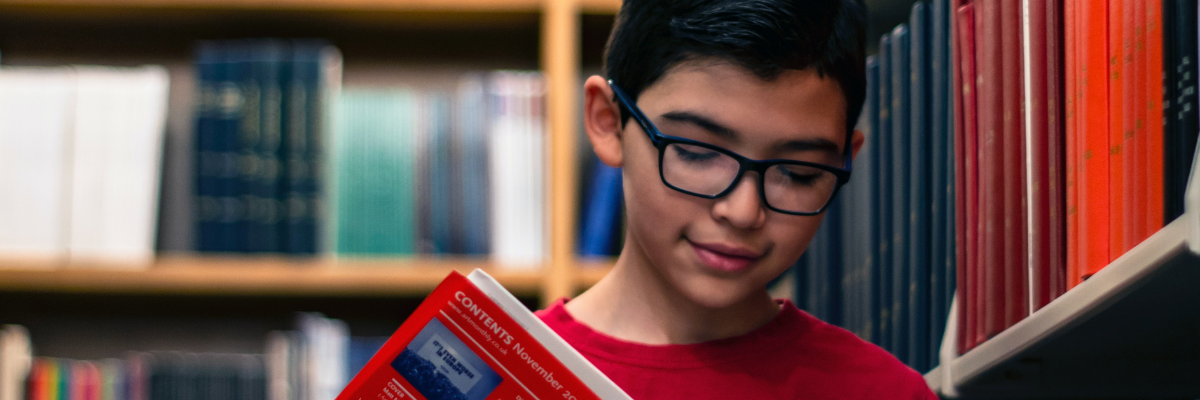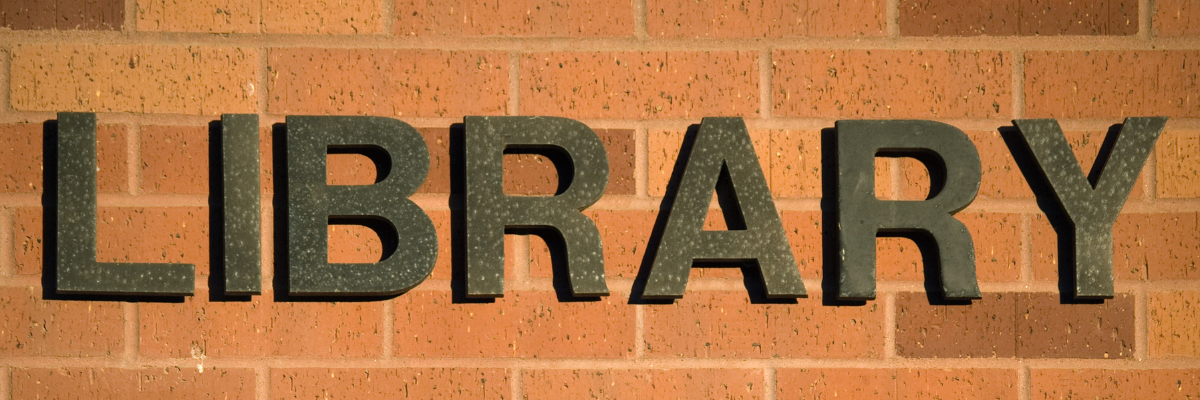Some of the participants shared their learnings with LIANZA, and we wanted to share them with you!
| Helen Westwick | Research and Evaluation Specialist Mental Health Foundation, NZ Some questions to ask yourself - does the data you collect reflect the value your services add to the organisation or community? And also look at evaluation from multi-stakeholder perspectives and ‘ask what do they need to know’ about your service? Libraries are traditionally very good at measuring things and processes, but not so effective at evaluating the impact of their work. The “more is better” approach is no longer enough, and librarians have to get more sophisticated. For example – think about the concepts of provision and use, and that it is possible to have good provision but very low engagement (use). |
Community Empowerment Unit | Connected Communities
Auckland
We need a community engagement framework for all NZ libraries with evaluation and impact embedded into it. This would build a more strategic approach to supporting the development of sustainable communities and create a shared understanding of the role libraries play in it. It would also help libraries better align with other council and government departments to achieve positive community impact and systemic change.
The need for stronger collaborative working with NGOS, Local Government and National Government departments, and the social sector to actively reach and engage with the hard to reach in our communities- people who are socially isolated, disengaged, marginalised etc and help support them to reconnect and participate in community and society by building a relationship with their communities through libraries - a gateway if you like working in partnership. This is where I think internal partnership working within councils and with external stakeholders works best - takes the pressure of libraries to be the sole provider of the solution/program/service but instead a partner - our skills lie in our ability to connect people to information and knowledge - broker connection whether it be a book, a person, a piece of technology, a workshop, a talk, a presentation, a network, group and so forth. Eloquently illustrated through one of the presentations which describes the 21st Century library as - the “ ‘nexus‘ of people, place, knowledge and technology to create platforms for learning, participation, creativity , innovation and wellbeing”
Jeanne Clifton, RLIANZA | Librarian
Auckland
Libraries change lives!
Speaker R. David Lankes has written this article - Expect More: Demanding Better Libraries for Today’s complex World and a quote from that: “ Why is it that while folks love the idea of libraries and librarians, they are quick to limit them to books or children, or simply think of them as historical holdovers? The answer is not that these people are wrong, but that they need to expect more. Too many libraries are about books. Too many librarians are reliving history and are stuck in a sort of professional conservatism that favours what they do over why they do it”
While I feel definitely that we are moving away from this in New Zealand it is sometimes this attitude that makes us reluctant to really look at what we do in our libraries and wary of evaluation.
| Zayna Hussein | Senior Librarian Children and Youth Services | Pakuranga Start small and make it meaningful for data collection and evaluation. People are more likely to participate if they can see what impact the data is having Public libraries have come a long way in how they demonstrate their value. Historically we counted things (memberships, visits, book issues etc) which was ok, then we moved to counting things per capita which gave a better indication of value. Now we are trying to define what outcomes public libraries have for the visitors around learning, creativity and wellbeing and communities. Our next step is to find better ways to measure these outcomes. |
Hamilton
This one is not necessarily a new idea, but I really liked the way it was framed which made it concise and easy to understand - that when we are measuring and reporting on our libraries’ activities, we tend to report on the outputs instead of the outcomes. The outcomes we want for our community are not actually “borrowed a lot of books” or “used XYZ service” – those are just the means to an end. There can be outcomes we don’t see or consider – for example, a Wriggle & Rhyme programme may have an economic outcome for a local café because all the mums might go and get coffee together afterwards.
That “How satisfied were you?” is a useless survey question, as you can’t make any useful decisions based on the answers. It’s better to ask something less vague about an intended outcome.
That as well as to the general population and decision-makers, it’s also important to communicate the value of libraries to library staff. For example, the Libraries Change Lives campaign would have influenced some of the libraries’ COVID response by motivating staff and convincing them of key role they play in their communities.
Central Hawkes Bay
My biggest take-away was about the importance of allies –stakeholders who themselves may not have used the libraries or our associated services since they were a child can listen to US tell them the stories of how we are making a difference, but it actually has a much greater impact if you can get your community members to share their own stories of how the libraries have made a difference in their lives.
Heather Furniss | Library Team Leader
Matamata-Piako
Tell stories: advocacy of public libraries is most effective when you can tie what libraries do into the story of how it has helped someone in their life. Everyday people and celebrity champions with a story of how a public library has helped them is just as important as facts and statistics when convincing those who hold the purse strings to invest in public libraries.






 RSS Feed
RSS Feed